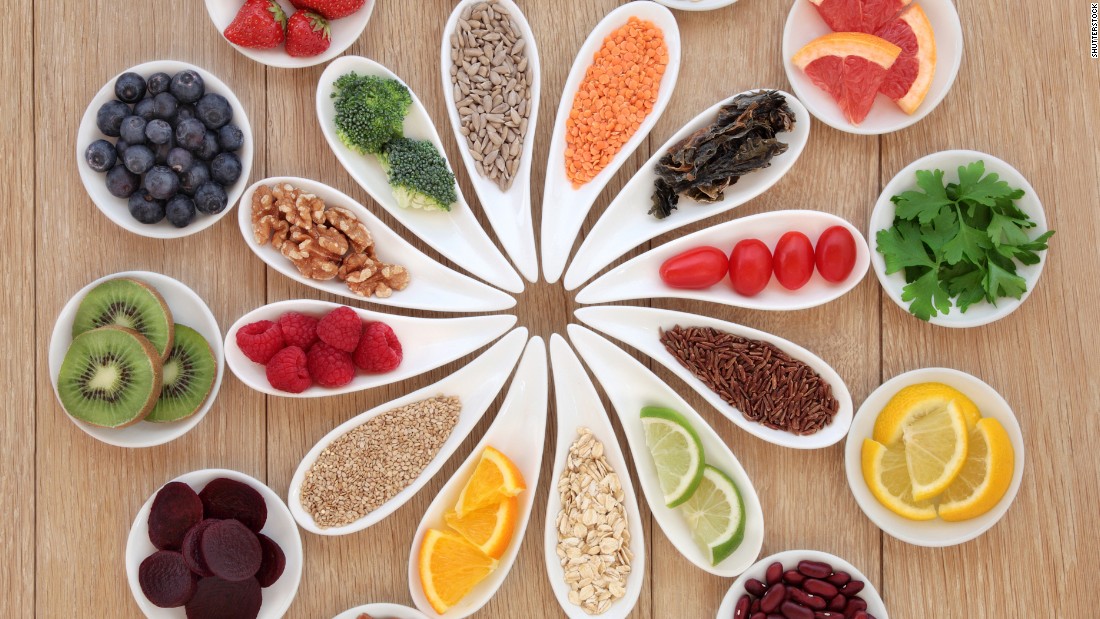Baltimore (June 10, 2019) – Food production is a crucial contributor to weather alternate, accounting for about a quarter of carbon emissions globally. According to a have a look at that examined the actual-international diets of lots of human beings inside the U.S., we could greatly lessen the carbon footprint of what we eat with the aid of converting just one food each day.
“We determined that making one substitution of fowl for beef led to a median discount of dietary greenhouse gases with the aid of about a half,” stated lead observe author Diego Rose, Ph.D., professor, and director of nutrition at Tulane University. Rose will present the studies at Nutrition 2019, the American Society for Nutrition annual assembly, held June 8-11, 2019 in Baltimore.

“To our expertise, this is the only nationally representative take a look at of the carbon footprint of in my opinion selected diets inside the U.S.,” stated Rose. “We desire this research will boost focus approximately the function of the food sector in climate trade and the significant effect of an easy dietary trade.”
The new look is primarily based on weight loss plan statistics from more than 16,000 individuals in the 2005-2010 National Health and Nutrition Examination Survey. A portion of this survey requested contributors to recollect all of the meals they fed within 24 hours. The researchers used this fact to decide which foods had the best greenhouse gas emissions and to calculate a carbon footprint for every man or woman’s diet.
They located that the 10 ingredients with the very best effects on the environment have been all cuts of beef and that approximately 20 percent of members pronounced eating this sort of high-carbon ingredients. Using simulation, the researchers calculated a new carbon footprint for each diet with the aid of changing red meat with the nearest related hen product. For instance, a broiled pork steak became changed with broiled bird and ground pork with a floor turkey. Each substitution changed into achieved the most effective one time for each person that consumed one of the excessive-carbon foods.
Animal ingredients are regarded to contribute extra to greenhouse fuel emissions than plant foods. Ruminant animal foods, together with pork and lamb, have particularly high carbon footprints because cows and sheep also release methane gas.
“Our simulation confirmed that you don’t need to give up animal merchandise to improve your carbon footprint,” said Rose. “Just one food substitution added close to a 50% reduction, on common, in someone’s carbon footprint.”
The researchers plan to extend these studies, which focused on nutritional greenhouse fuel emissions, to include other environmental impacts such as water use. Although not the difficulty of this observation, they factor out that food waste and overeating also increase our food plan’s carbon footprint. Thus, further to ingesting low-carbon ingredients, higher meal-making plans, and ingesting of leftovers also can help lessen the carbon footprint.
Diego Rose will present this research on Monday, June 10, from 12:15 – 12:30 p.M. Inside the Baltimore Convention Center, Room 317 (abstract). Contact the media team for greater data or to achieve a free press pass to attend the meeting.
This launch may additionally encompass up-to-date numbers or records that differ from those inside the abstract submitted to Nutrition 2019. Please observe that abstracts provided at Nutrition 2019 were evaluated and selected by way of a committee of specialists. However, they have not normally go through the same peer assessment method required for the book in a systematic journal. As such, the findings presented have to be considered preliminary until a peer-reviewed guide is available.
About Nutrition 2019
Nutrition 2019 is the American Society for Nutrition annual meeting held June 8-11, 2019, at the Baltimore Convention Center. It is the national venue for greater than three,600 top researchers, practitioners, and other professionals to announce exciting study findings and discover their implications for practice and policy.
Scientific symposia address the brand new advances in cell and physiological vitamins and metabolism, clinical and translational nutrition, international and public fitness, populace technology, and food technological know-how and structures. Http://www.Nutrition.Org/N19 #Nutrition2019








